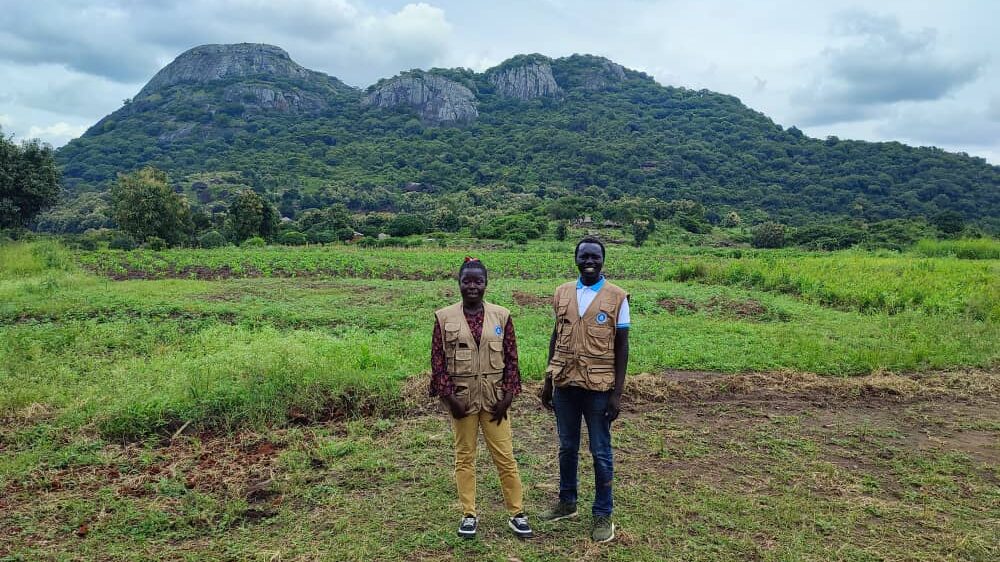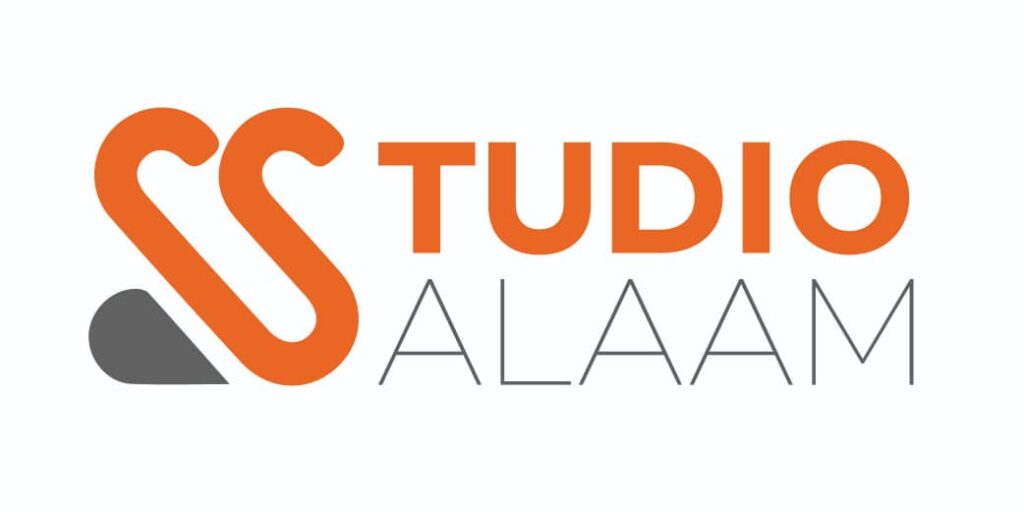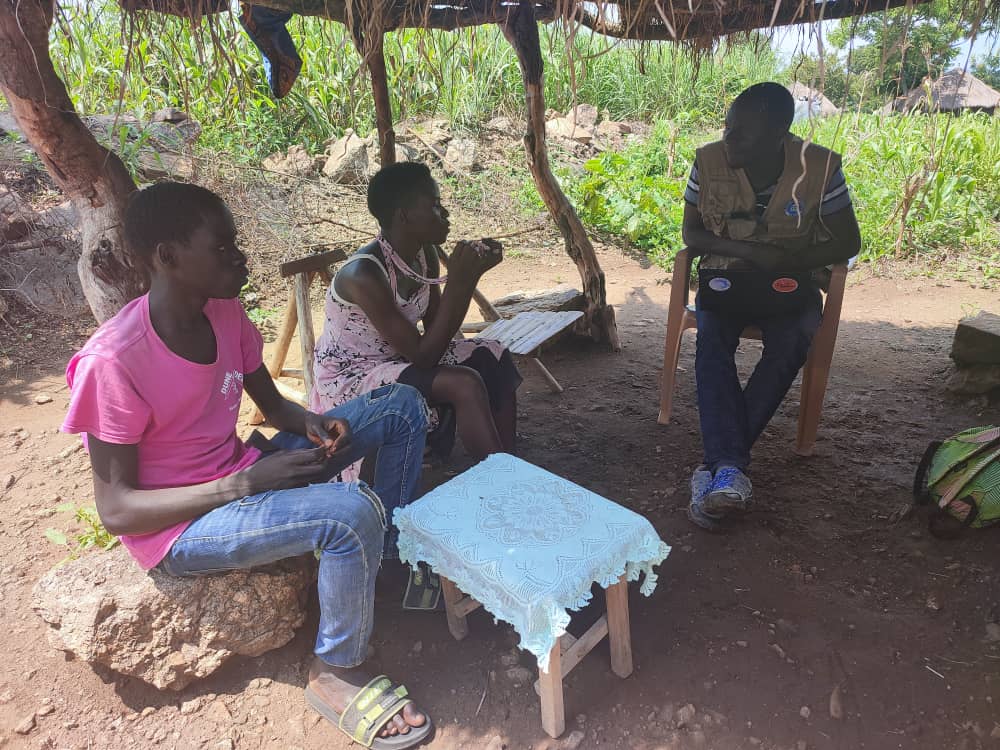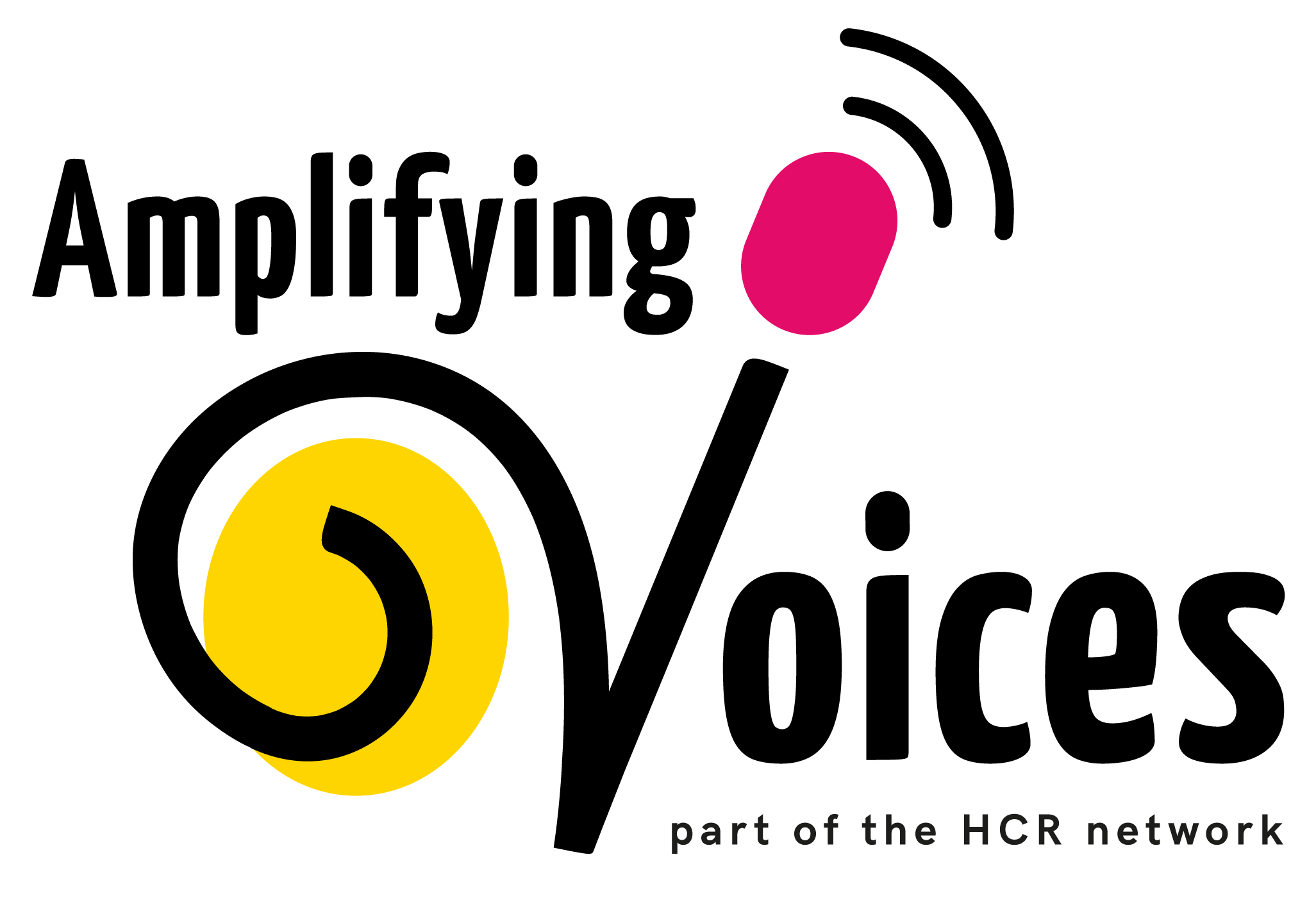
Peacebuilding across borders
Our partner Community Development Centre (CDC) in South Sudan and in Uganda uses community-centred media to support peacebuilding activities across the borders between South Sudan and Uganda.
Peacebuilding near Lainya, South Sudan
Following the Amplifying Voices training workshops in Yei earlier this year, CDC South Sudan held community consultations with 5 communities or Payams in the Lainya area. This area is between the towns of Yei and Lainya in Central Equatoria State. During the consultation events, CDC supported the community members to make some audio content. Participants were excited by the event and said,
“We didn’t know how radio was made. It was just there on radios. Now we are making it ourselves.”
As a result of the consultation, 170 listening groups will each be equipped with a speaker box. The project is called Studio Salaam (or Peace Studio).

People in Lainya area told CDC that there is a big gap between the local people and the army responsible for maintaining order in the area. To address this, around half of the listener groups will be in the communities, made up of community members. The other listener groups will be embedded in the local structures, for example, there will be police listener groups, army listener groups and local government listener groups.
Listener groups also make media content, creating recordings as part of their meetings. CDC envisages that the community groups can share their experiences of government agencies, for example how they see soldiers coming in and destroying crops or other local resources. Community members will share how they want to be treated. CDC expect army and police groups to explore how they should play their roles. For example, police will be able to talk about things in communities that lead them to behave as they do – the things that they see as not right.
The speakerboxes are seen as a safe place to have these difficult conversations. To ease concerns about safety, these South Sudan speakerbox podcasts will not broadcast the names of people speaking.
Peacebuilding in Rhino Camp, Uganda
Meanwhile in Uganda, in Omugo 4 village of Rhino Camp refugee settlement, the Soot Semee project continues and is maturing. Soot Semee volunteers are learning to optimise and adapt as the project progresses from a pilot phase to an established community-owned media platform. For example, at the start, the Soot Semee podcasts were played on a loop on large speakers in the marketplace. Some people found this annoying and so now the large speakers will play Soot Semee at set times, and people will gather to listen.
In 2016 when the most recent large scale migration started there was rapid growth of Rhino Camp and Omugo Zone. They were considered as humanitarian emergencies and large numbers of international organisations came to the displacement camps to support the refugees. Now many of these organisations have moved on. But there are still large numbers of people who have resettled in Omugo Zone and other parts of Rhino Camp, who are still facing similar challenges to those faced by people in 2016. Groups like Soot Semee, which are set up by refugees themselves, are taking long term approaches to their work. The project does not end. New volunteers need to go through training. Items that break need repaired or replaced, rather than signalling an end to the project.

Hearing from community members at SD Card collection point, Omuga Zone, Aug 2022
The Soot Semee council of reference meets regularly to review Soot Semee content and provide feedback to help the project evolve in a way that best serves the need. Because of this, fresh new content is being produced weekly, and people continue to gather in listening groups to listen, discuss, and respond with recordings of their own. People use these opportunities to share stories of what works for them and could work for others. For example, listeners heard several people explain that they return to South Sudan to farm for a while, but it is not safe to stay there long term so they return to the camp. Stories like these help Omugo 4 residents to make their own decisions on how to earn their livelihoods, or how they can best support their families.
Livelihood stories on Soot Semee are also connected to a ‘microgrant’ programme that CDC Uganda is running. Some people talked about using microgrants to set up businesses making and selling soap. Buying in a piece of soap from outside the camp currently costs about one quarter of one refugee’s monthly income. With soap so vital in the fight against Covid and other transferable diseases, there is clearly a need for a more affordable supply.
Another regular role for podcasts is in providing feedback from meetings at “Base Camp”. Base camp is the part of Omugo Zone where the representative of the Office of Prime Minister works. UNHCR and other camp coordination bodies have their offices there. Base Camp is also a long way from Omugo 4 village. There are many different meetings at Base Camp. There are different people who attend and are responsible for reporting back to the Omugo 4 village. However, residents found that information was often lost in this relaying process. Some people would favour their own families over others when passing on information, creating potential for conflict. So one of the volunteers, Joseph Idoru Lo Baba, now records the information at camp meetings which is then given out through the Soot Semee podcasts.
Soot Semee also helped to prevent violence during a recent UNHCR verification process. Refugees need to verify their registration every few years to ensure they have the right documentation to be supported and protected as refugees. Soot Semee informed community members about the need to re-register and advised them how, when and where they could complete the process. In other locations in Rhino Camp, lack of reliable information sources caused a lot of confusion. People were gathering around the camp managers premises, and many didn’t have the correct documentation causing delays and anger. Local police got frustrated and there were reports of people being beaten. However, when the registration people came to Omugo 4, there was calm as people were aware of how and where to register, and what documentation was required.
Peacebuilding across borders
At the border between the South Sudan and Uganda, in places near the border town of Koboko, yet another community-centred media project is getting underway. It is a border project so the speakerbox podcasts are multilingual, discussing farming and sharing natural resources in Kakwa and Aringa languages. The podcast project is called Voices A 2 Z, meaning that it includes everyone’s voices. The name is in English because this is the language that is shared between both groups. 
Through CDC’s work, community-centred media is becoming recognised as an important tool for peacebuilding on both sides of the border and across the border itself.
Click below to listen to the theme tunes of the two new podcast projects.
Theme tune for Studio Salaam
Theme tune for Voices A 2 Z
A 2 Z and Studio Salaam are peacebuilding components of a wider project, the PAMANA cross-border initiative which seeks to respond to immediate Humanitarian needs, while firming up foundations for the the longer term through Development projects working on sustainable use of natural resources, and through Peacebuilding activities, such as community centred media. (In tech-jargon, this is called the HDP triple nexus!) PAMANA is a collaboration between several local and international NGOs, including Caritas Switzerland, Agency for Accelerated Regional Development (AFARD), Community Development Centre (CDC), and Organic Farming Advisory Organization (OFAO), with technical advice from Swisspeace and BOMA Project. The initiative is supported by the Austrian Development Agency (ADA). Amplifying Voices provides advisory and training support to CDC’s community-centred media work, along with some funding.
